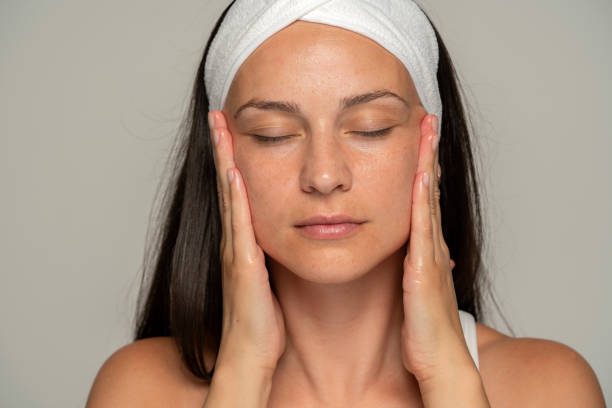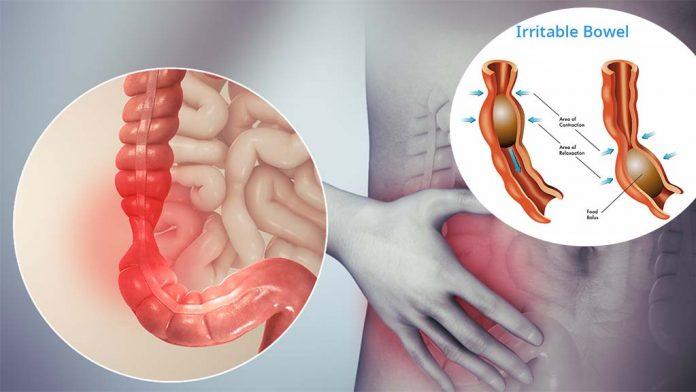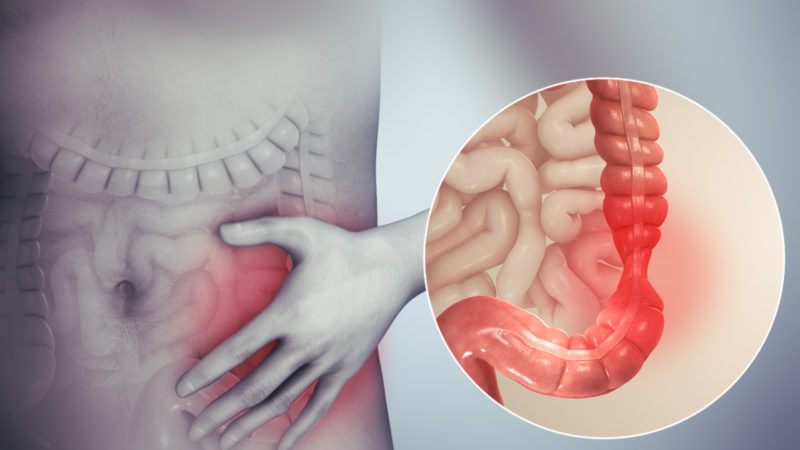All You Need to Know About Bed Bug Bites

Bed bugs are small insects that feed on the blood of humans and animals. Though they are a public health concern, bed bugs do not transmit disease through bites. Bed bugs can live in furniture, bed, clothing, carpet, and other belongings. Bed bugs make use of a small tube-like structure known as proboscis to drink a person’s blood. They are usually active at night and feed on people when they are asleep. If you have bed bugs in your bed, you are more likely to have bed bug bites on your body. Bed bug bites are usually itchy welts. If you are facing the issue of bed bug bites, then here is an article with all you need to know about bed bug bites.
Bedbugs do not fly; however, they can move quickly over walls, ceilings, and floors. They can be around 1 to 7 millimeters long. They are oval or flat-shaped and are reddish-brown. Bed bugs do not have wings and rely on humans and animals to move from one place to another. Bedbug bites are not dangerous. But they can be itchy. In some cases, they can cause allergic reactions.
What do Bed Bugs Bites Look Like?
Some people do not even notice bed bug bites. Below mentioned are some common characteristics of bedbug bites.
- Swollen and red mark with a dark spot at the middle of each bite
- Itchy
- Arranged in clusters with multiple bites
Bed bugs can easily bite any part of the body. However, they usually bite the parts of the skin exposed when you are asleep, like arms, hands, neck, and face.
Now you must be thinking, what do bed bugs look like? Here are some identifiable characteristics of adult bed bugs.
- Oval shaped body
- Size of an apple seed
- A fairly flat body if not fed recently
- 5-7 mm length
- Three segments including unusable wings, short yellow hair, and an antenna containing four parts
Bed Bug Bites Symptoms
Many people develop clear symptoms other than simple dots, and they experience only minor irritation and inflammation. At the same time, other people develop more severe symptoms and bed bugs rash. In many cases, symptoms occur less or more immediately after the bites; however, they can progress and develop over the following days.
All bed bug bites cause discomfort, including inflammation and itchiness. Below mentioned are other signs and symptoms of bed bug bites.
- burning sensation
- raised itchy bump containing the clear center
- small red bumps
- bumps surrounded by hives or blisters
- red itchy bump having a dark center
- popular eruptions
- small spots of blood often dried on bed clothing
Rare Symptoms
Though rare, some people might experience severe reactions and symptoms caused due to bed bug bites. Below mentioned are severe symptoms that require medical attention.
- fever
- blisters
- difficulty breathing
- feeling nauseous
- irregular heartbeat
- swollen tongue
Other Symptoms
Living with bed bugs can lead to the below-mentioned health complications.
Increased chances of infection resulting from the surface of the skin are compromised.
Decreased Wellbeing – continuous lack of sleep is related to general fatigue, anxiety, lowered immune function, and depression.
Sleep Deprivation – the idea of being fed can be stressful and can lead to restless sleep.
Bed Bug Bites Treatment
There are lesser treatments associated with bedbug bites treatment. Usually, bed bug bites get better in a week or two. In case of a bed bug bite, the first thing to do is to clean the wound using soap and water. In the case of itchy bites, the below mentioned might help relieve the minor symptoms.
- anti-itch creams
- over-the-counter hydrocortisone
- antihistamines
In rare cases, bed bug bites might lead to allergic reactions. Some people might also experience severe inflammation, itchiness, or swelling. In this situation, you should immediately seek medical advice. In the case of infections, doctors usually suggest antibiotics.
Severe itchiness can lead to further complications like scarring or infections. People have often been prescribed antihistamine pills or corticosteroid creams in severe itching.
Home Remedies for Treating Bed Bugs
In addition to medical treatments, certain home remedies can help prevent the symptoms caused by bed bug bites. Below mentioned are some home remedies that can help.
- Apply an ice pack wrapped in a towel on the bitten area.
- Apply a cold cloth on the bitten area.
- Apply certain types of essential oils.
Though more research is required, certain studies suggest that using chamomile oil, camphor oil, or other essential oils can help relieve the symptoms of bed bug bites.
Bed Bugs Prevention and Control
The best way to prevent bed bugs is to stop insects from entering, breeding, and feeding human environments. Bed bugs hide in crevices and cracks of flooring, walls, mattresses, and furniture during the daytime. They also live in the folds of upholsteries.
The insects prefer hiding in spots near human sleeping areas like bedrooms. If you find bed bugs in other rooms, it is a sign of severe infestation. Below mentioned are some common places where bed bugs hide.
- Box springs
- Mattresses
- Headboards
- Bed frames
- Carpeting
- Bedding and pillows
- Curtains
- Spaces present behind electric outlet plates
- Clothes
You might also see bed bugs themselves or might find drops of blood or dots of bugs dropping in your bed. If you find bed bugs, you should immediately can a pest control company.
Control
Below mentioned are some tips for the prevention and control of bed bugs.
- Vacuum and steam clean the floors, furniture, mattress, and appliances.
- Launder the drapes, linens, and clothing using hot water and then dryer them.
- Heat items that you can heat safely.
- Avoid items or furniture from infested areas.
- Pick furniture that does not have any cracks.
- Fill or seal crevices, seams, and cracks using products like calking or glue.
- Use a hand steamer to kill bugs and eggs in upholstered items.
- Cover as much of the body as possible while sleeping.
Various insecticides are available in the market that can be used to kill bedbugs. You can also take help from the pest control company as they have varied equipment or insecticides that can help control bed bugs.






